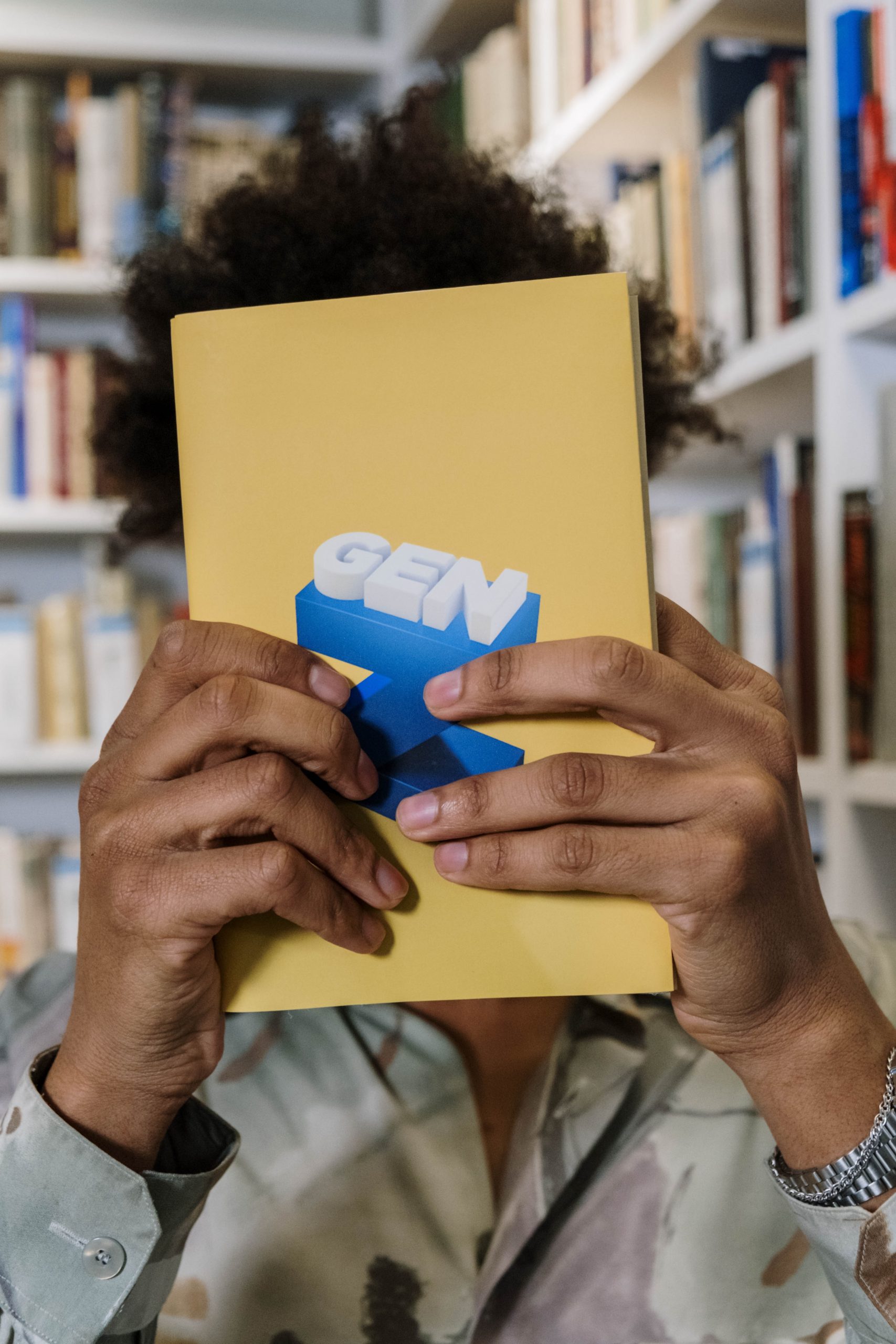By Edgardo Hidalgo Chacón – Education Degree Student
Did you know that, according to Juaneé (2017), the challenge of teaching Gen Z is to go beyond traditional teaching and learning strategies, to instead seek for alternatives that capture the interest and understanding of “connected” Gen Z students? The current educational context requires curricular innovation and methodological changes that promote educational transformation. The students’ academic needs are considered in the planning and development of didactic and pedagogical mediation.
Considering the necessities and interests of students belonging to Generation Z is fundamental to encouraging contextualized, quality education. Focusing only on the traditional teaching of curricular contents is thus not workable, and the application of new methodologies has become fundamental. In brief, it must be ensured that the educational process involves the transmission of knowledge from the teacher to the students and creation, collaboration, and reflection. It must be centered on the student. Therefore, the education given to Generation Z must be hybrid. In addition to face-to-face sessions, a virtual network must be developed using educational platforms that promote interaction to create virtual learning communities, and take advantage of technology.
It is emphasized that teaching focused on the transmission of knowledge is not viable for Generation Z. Supporting this, Semiller and Grace (2019) establish that the educational mediation given Generation Z must be authentic, in which they are taught the use of tools and techniques to be used to resolve and complete challenges and projects proposed to build their learning.
Considering that technology is a strength of this community, teachers can use microblogging tools —for instance, Edmodo, Chamilo, or Schoology— to teach, share, create discussions, argue, and refute. Through this methodology, fluent communication is developed that favors educational continuity, interaction, and the development of asynchronous or out-of-class knowledge, in a way that teaches students to learn. Having an educational platform to share notes, create discussions, and assign pre-class activities meets Generation Z’s demands because the use of technology is a significant benefit. Thus, they are taught to learn so that the process becomes constructivist.
The technological gap can be a handicap that limits microblogging with Generation Z because not all regions of the country have access to the internet; however, other options can be implemented, such as alternative mediation. Authentic activities such as collaborative challenges, games, or planning activities previously developed in the next synchronous or face-to-face session can contribute to the pupils becoming the learning process actors. Despite limitations, the focus should be on changing didactic strategies and teaching methodology to create suitable spaces. The key is to provide them with the resources to learn. Thus, every teacher must be creative and look for innovative strategies to teach.
From the above, it can be recognized that top-down teaching should cease, to allow students to enjoy a leading, active role in which they collaboratively investigate, question, discover, learn, and share. Where the technology is available, microblogging is a viable and effective option to be in contact asynchronously or without physical presence. However, challenges such as extracurricular assignments can also be delivered to work with the resources available at home to share their class results. This contributes to the germination of educational innovation. The proposed solution is not perfect but represents the start of the educational transformation path because it recommends developing small classroom changes to attending to the Z generation's needs.
